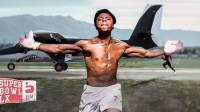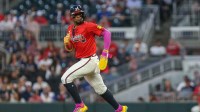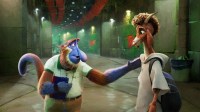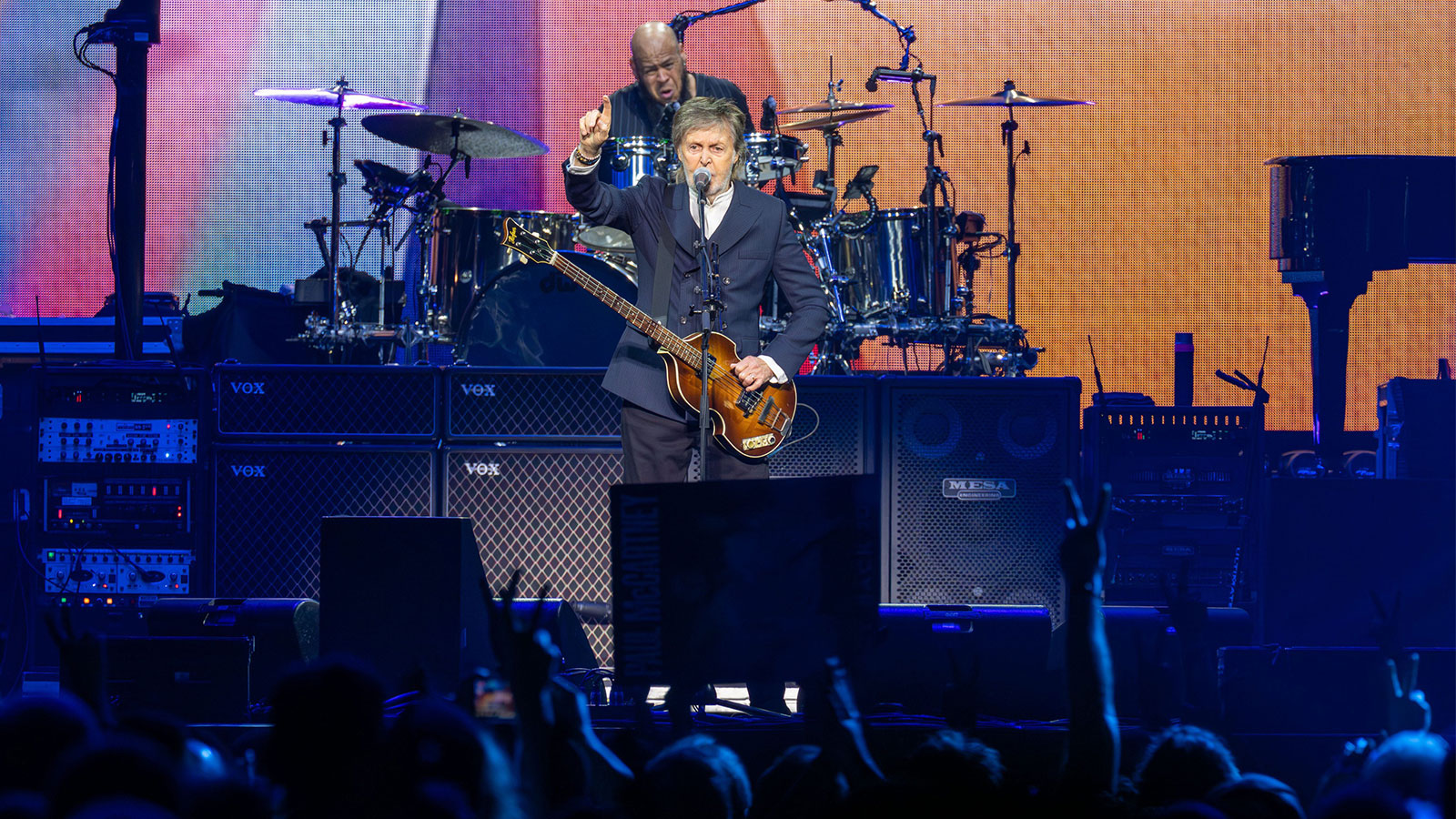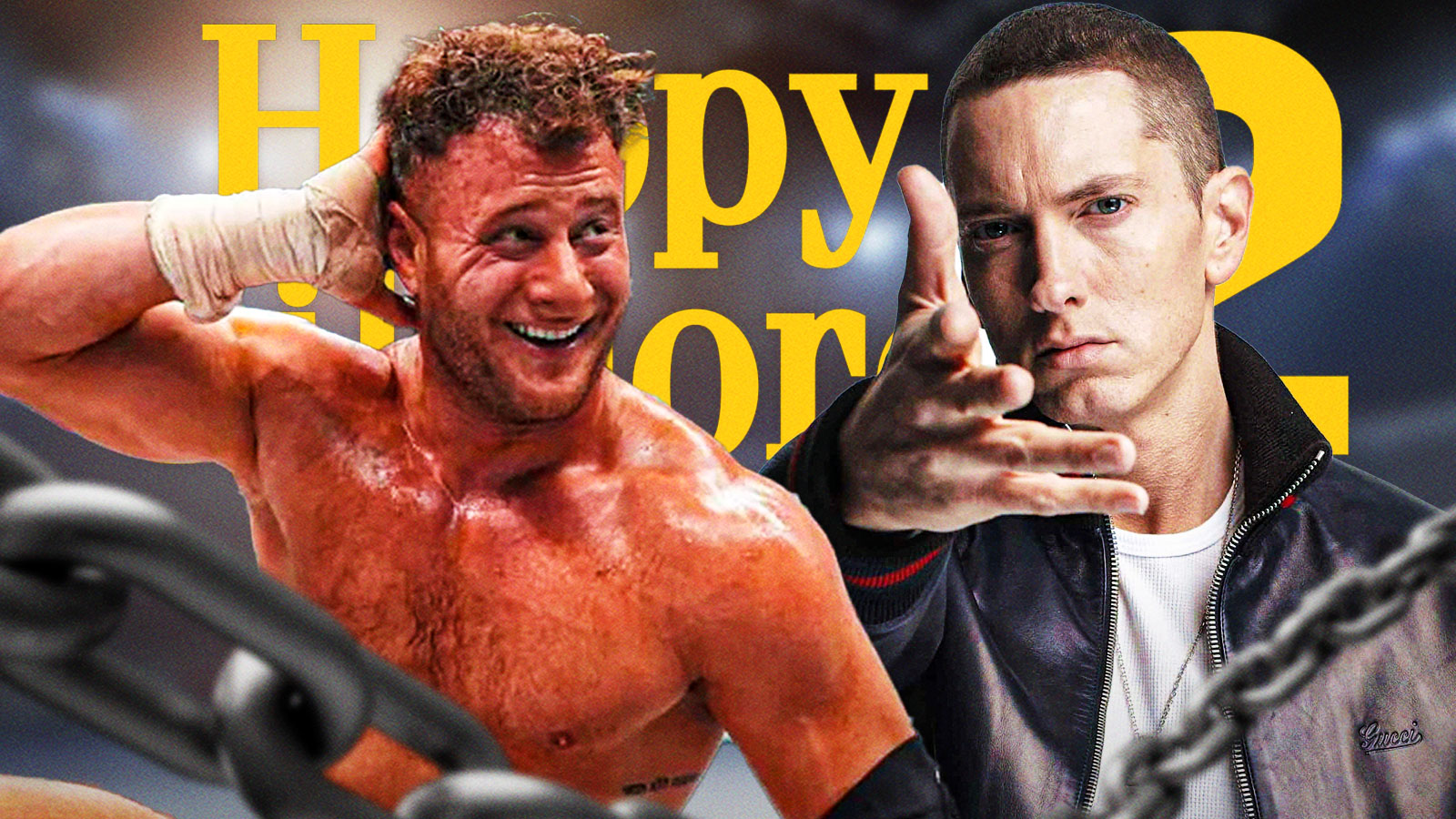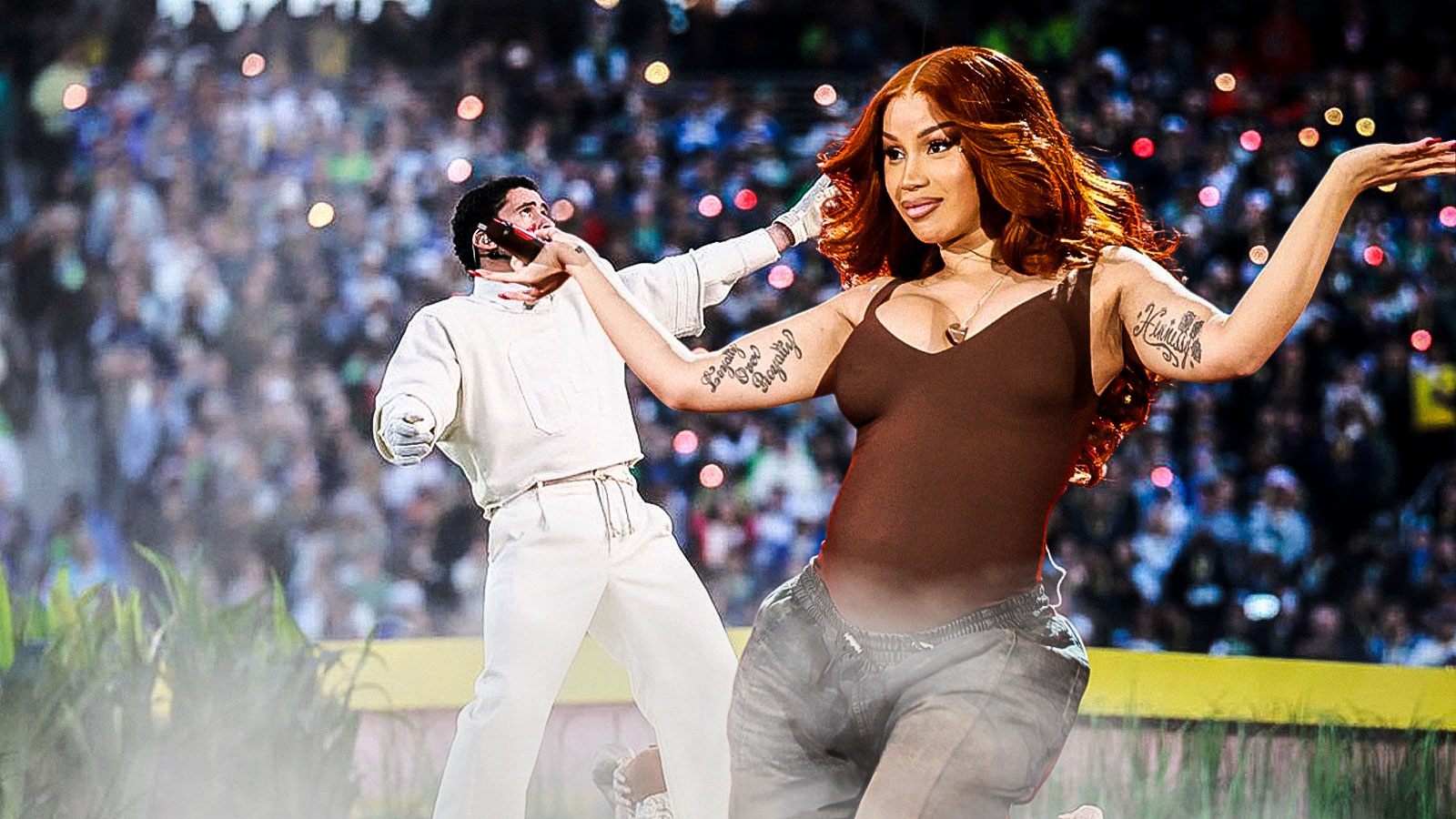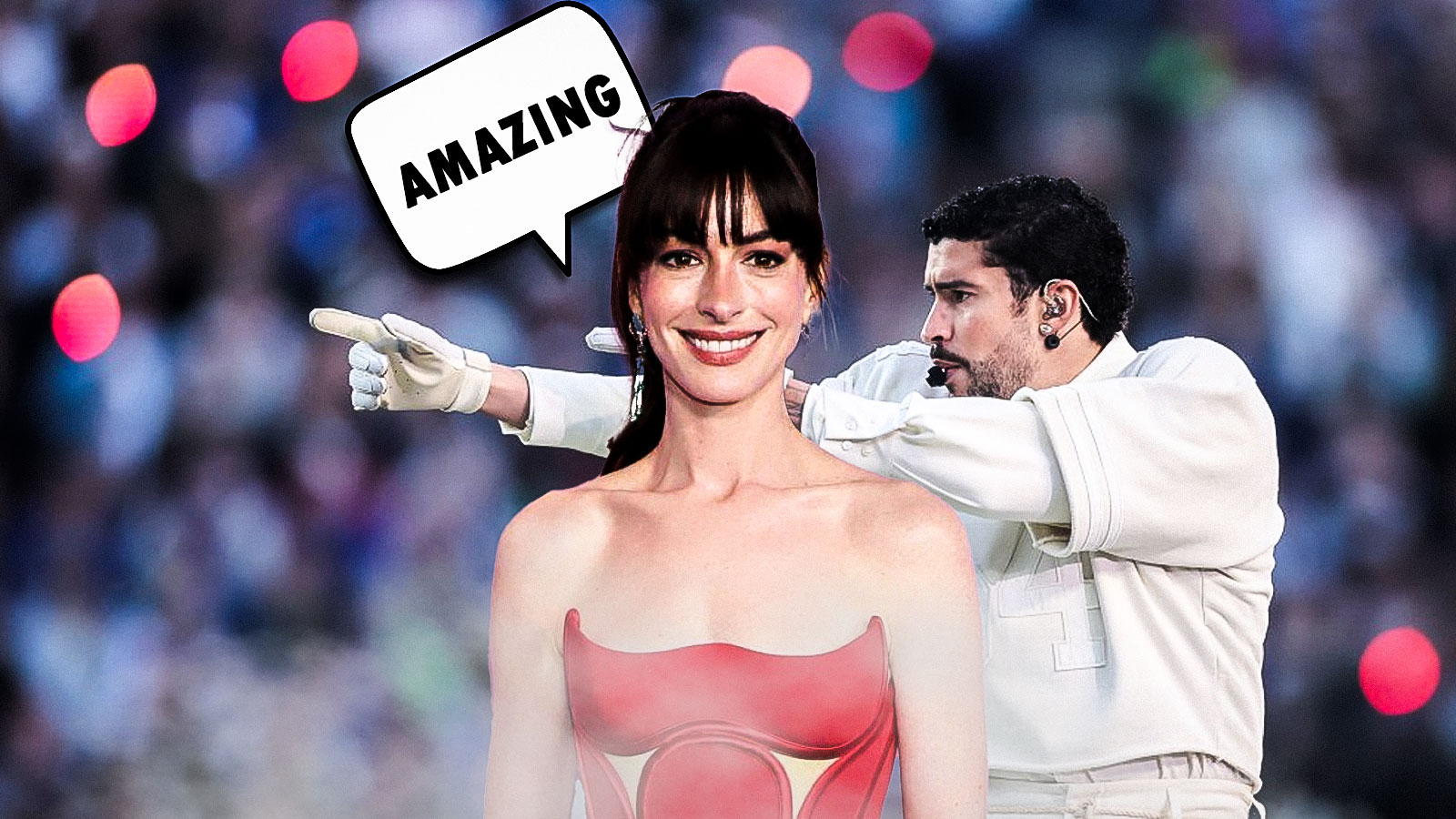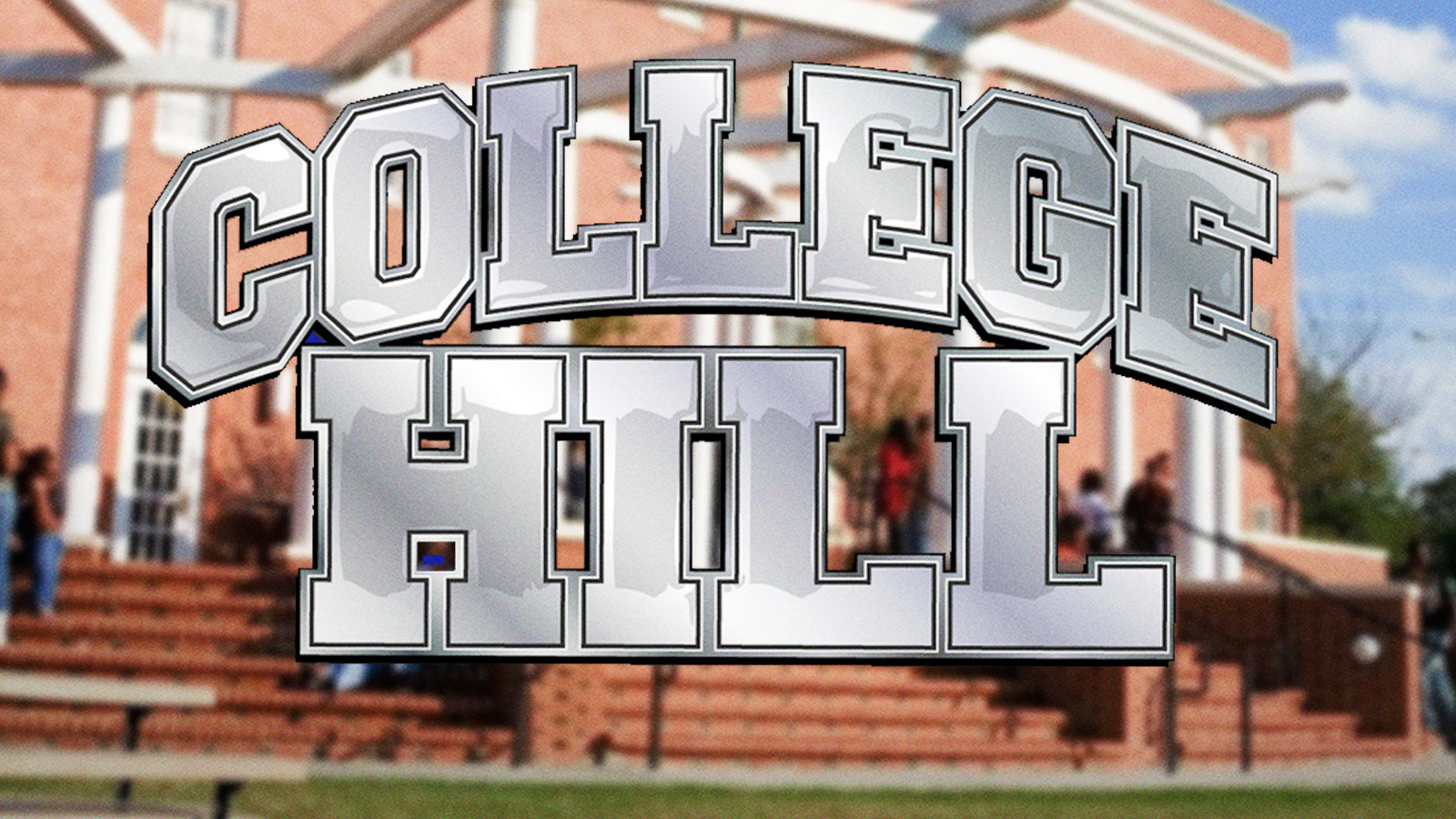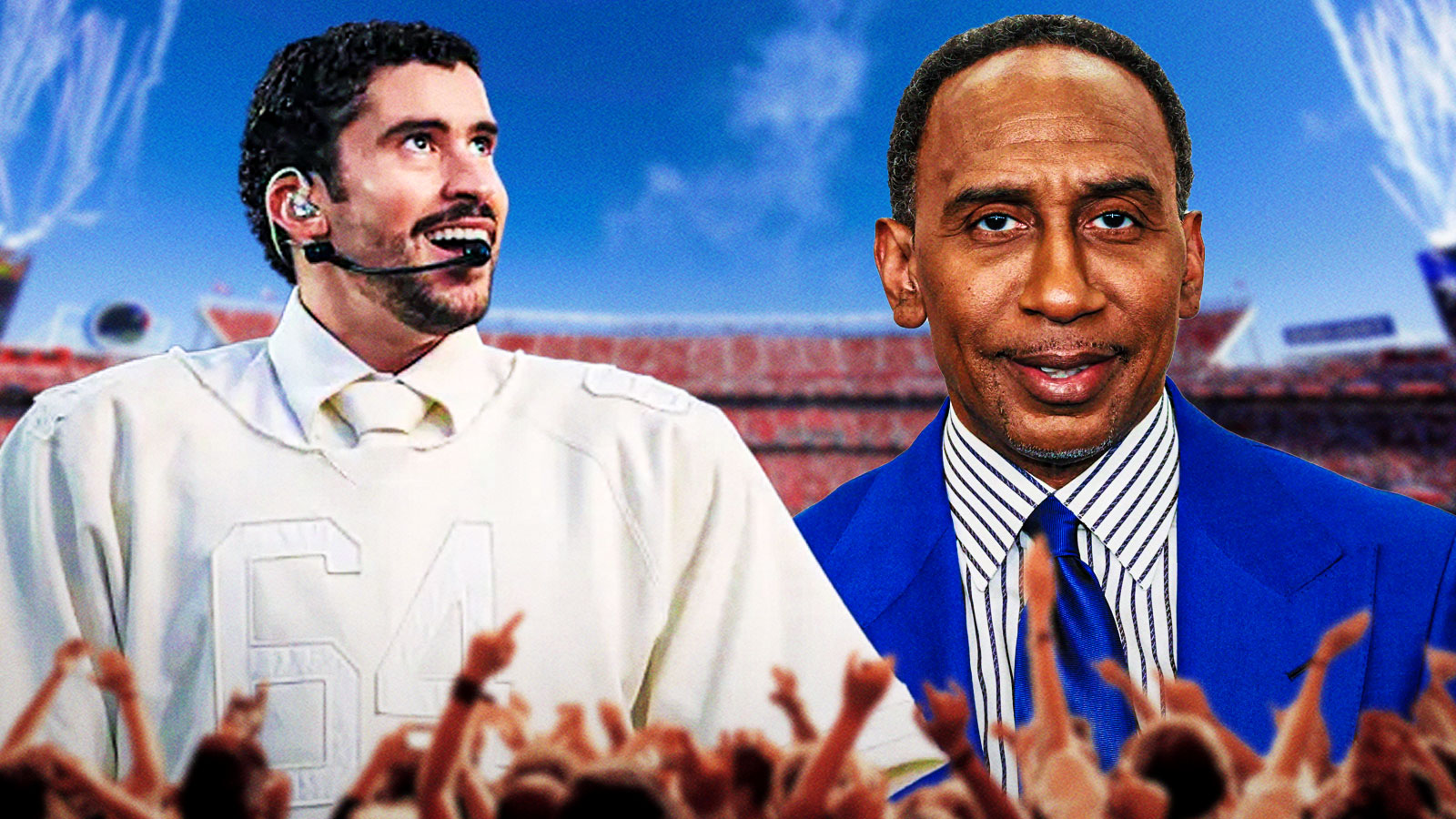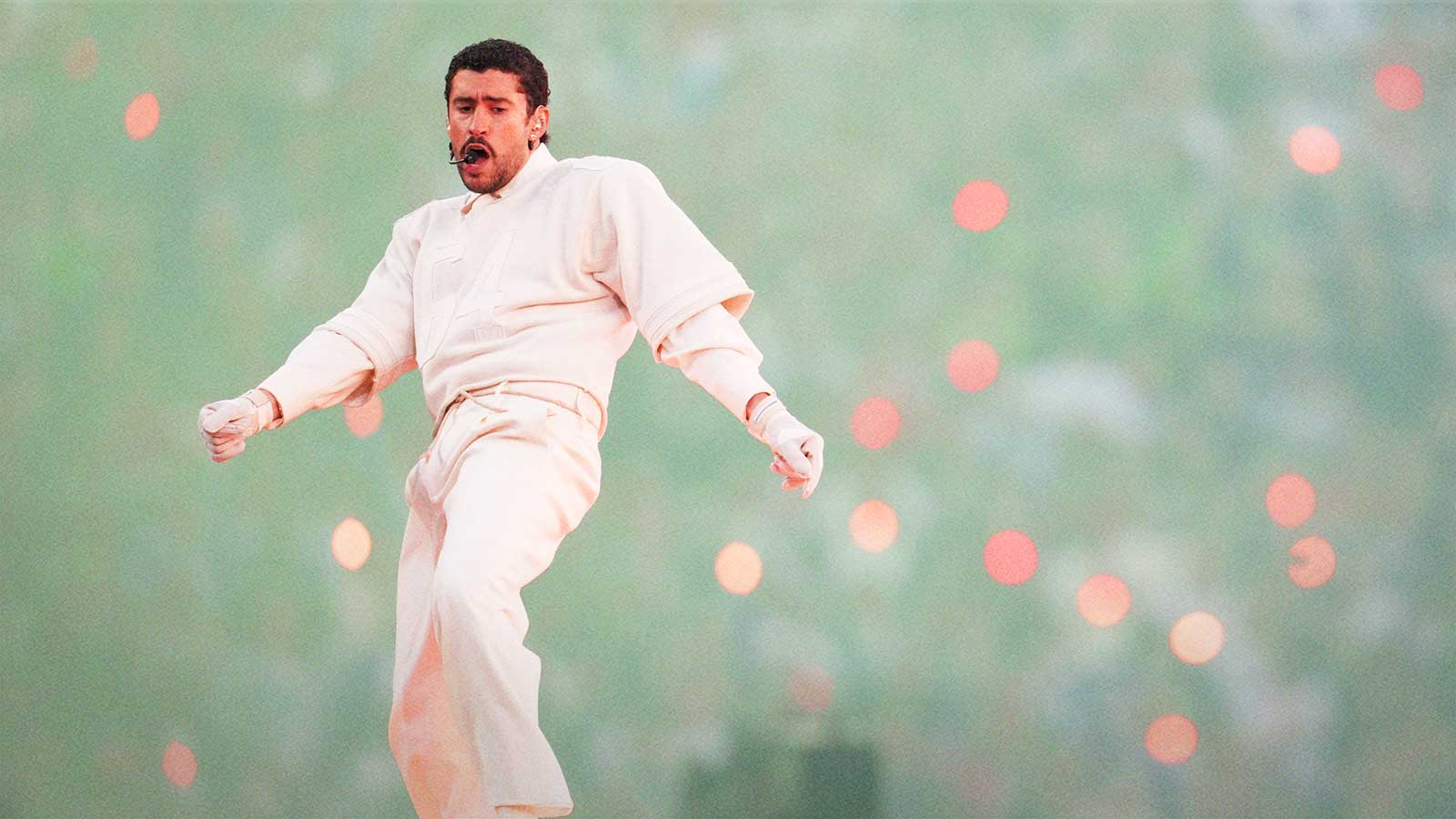ClutchPoints spoke with Reservation Dogs Season 3 stunt coordinator Krista Perry, who also played the Zombie Nun on the show, on how she got her start in the business, working with Lily Gladstone, and the possibility of an Academy Award category honoring stunt performers.
Reservation Dogs was created by Sterlin Harjo and Taika Waititi for FX. It follows the story of four Indigenous teens living in rural Oklahoma as part of the Muscogee Nation. They spend their days hanging out with each other and committing crimes so they have enough money to leave the reservation.
The series stars Devery Jacobs, D'Pharaoh Woon-a-Tai, and Lane Factor. It's the first American series to feature writers and directors who are all Indigenous, as well as an almost entire Indigenous North American cast and crew. The show's first season was shot entirely in Oklahoma.
The show ran for three seasons from 2021 to 2023. It was nominated for a Golden Globe Award (Best Television Series – Musical or Comedy) in 2022 and won a Primetime Emmy Award in March 2024. The series also received two Peabody Awards in 2022 and this year as well. The American Film Institute listed it as part of the 10 best television programs for its entire run.
Reservation Dogs premiered on August 9, 2021, right in time for the International Day of the World's Indigenous Peoples.
Early days
ClutchPoints: How did you get started as a stunt coordinator?
Krista Perry: I got started being a stunt coordinator working under my mentor, Cole McKay (Cloverfield, Transformers: Dark of the Moon). He would bring me on the jobs and I would work alongside him. And on my days off, I would come in and shadow him. And we had an opportunity, he helped set a show up with me an then he gave me the reins to it.
It's been a great journey with him as my mentor since he had the most turnovers for crashing cars in the ninetees. And so having a mentor like that has been pretty incredible.
Stunt performers and auditions
CP: Do you audition as a stunt performer?
KP: Depending on the job, coordinators will reach out to me and they will let us know that there's an opportunity to audition. Sometimes we know ahead of time what we might be getting into; other times, we have no idea and we show up. It kind of reminds me of [the] old school [way of doing things] because with COVID, everything's been over Zoom, we [would] send out audition tapes.
But recently, I just to do an in-person one and that was actually fun. It reminded me of back before COVID where we could be in people's faces and stuff. But it just depends. They [producers, casting directors] kind of have a need — they know who's in town and they know what they're looking for.
And if you match that, they'll have you read sometimes or sometimes they'll just hire you on the spot. Then on the day, you'll find out you might have some lines to do and that can be tricky at times.
CP: What does a typical day look like on set?
KP: You want to make sure you get to work at least 30 minutes ahead of time. You would check in with your base camp representative to let them know you're there. And then you go into your trailer, put your costume on and go through hair and makeup to match you to whatever actor you're doubling looks like.
There could be wigs or prosthetics depending on what the scene is. Then you go to the set, rehearse with the actor and the director of photography, called marking or blocking rehearsal.
It just really depends. Every job is so different and I think that people who are able to mold and be adaptable do really well because everything's changing constantly.
Krista Perry on working with Academy Award-nominee Lily Gladstone
CP: What was it like working with Lily Gladstone for Reservation Dogs, Fancy Dance, and Killers of the Flower Moon? Was there a specific prep for each that was different for the projects?
KP: Yeah, they're all very different projects. On Killers of the Flower Moon, I didn't really get to talk to them very much. They and Leonardo DiCaprio were just very chill so that was a little hands off.
But for Fancy Dance, I was the stunt coordinator and for that we had to put together a fight for their character and it was really great to see because we worked it out in rehearsals and I helped teach them how to sell a punch because when it comes to actors learning their own action, they have to know that the camera doesn't see depth. So you need the right angles…
You can show them how awesome they can look on camera, putting together rehearsals and pre-visualizations and so it was fun for them to see in the beginning, the progression, until she just really nailed it so it was really great. And she's really methodical when she works and she's absolutely amazing.
CP: Which is more difficult, working with a nervous actor or one who thinks they don't need help?
KP: If I see somebody is nervous, like for safety reasons — because we meet in advance to prep, I kind of have an idea of what I'm getting into. So no matter what, you just kind of have to adjust how your are with people and who you're working with.
I've had actors in the past say that they're fine with glass breaking in their face, but then I have to explain to production that we can't afford to be down [an actor] in case they get injured, “Let's put the double in. We have them.” So just being able to have those conversations and letting actors know that it's more important to push forward for the show and use somebody who looks just like them to take the hits for safety.
On kids and stunts
CP: There'a quote from W.C. Fields that says, “Never work with children or animals.” What is it like performing stunts with horses and child actors like you did on Reservation Dogs?
KP: I like working with horses and children. So that's funny because in Reservation Dogs, we had an entire episode with children stunts. We work with their parents really closely, their studio teachers and our assistant director department. So we'll put together what we're gonna do for what action we wanna see and what makes it safe.
Like in Reservation Dogs, we had a kid we had to drag. He gets pulled out of bed, thrown to the ground, and then dragged. We made sure he was really padded up. I told the director we need to shoot in pieces, we padded the floor, we padded the sides of the bed — safety is such a priority when it comes to working with children. As well as just keeping it within limitations of what a child can do because they want to go do big and bold. So you just have to take it back.
In the same episode, a girl gets slapped in the face by a nun and it was really impactful because she hit her rosary at the same time so it made a really loud snap. But working with kids, it's all about preparing and planning in advance. But for the really big action, you hire someone that's really tiny. So [very] rarely do kids get to do their own stunts.
Landing the job
CP: What was the process like auditioning and casting a conquistador who could act, deliver lines in Spanish and ride horseback all at the same time?
KP: I reached out to a lot of stunt coordinators that I know and they kind of helped me gameplan the best [way] to execute that. And then I put out a casting [call] and I looked at tapes. And my fiancé is also a stunt coordinator and he is an incredible horseman and so he was looking at the tapes with me as well. It was really fun.
The one that ended up getting the job, he was on a computer chair and he was sliding across a hardwood floor. So he just really stood out and his comedic timing was so good. And on the day, it was even better.
CP: Do stunt performers lie about what they can and can't do, like actors have admitted to doing? Because I think it's more dangerous if stunt actors do that.
KP: I haven't had to deal with that much in my career, thankfully, because I work with people who are really honest. And it's also a thing where most people who hire you, know you. It's not really that random, in my circle. And so when people do that, it just hinders their future potential in the industry. And everybody talks. But I have heard of that issue.
CP: What happens then?
KP: Most people check references. But if you can't deliver what you need to do in that moment, you could be fired on the spot. And that's probably the most embarrassing thing that could possibly happen.
The Fall Guy and the Oscars
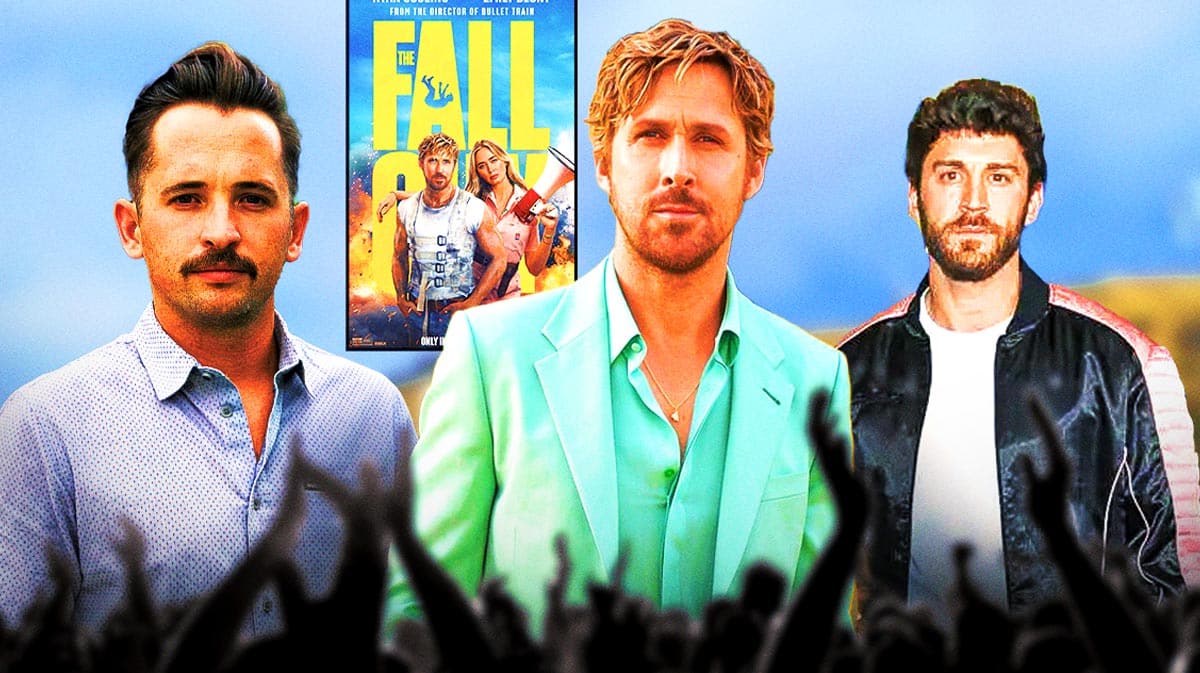
CP: What's your favorite stunt? What other stunts do you still want to do?
KP: There's just so many. I just watched The Fall Guy and that movie was amazing. They did such an incredible job with all the boat work. I would love to do more Marine stuff — my whole life was spent being a competitive swimmer.
I've had coordinators reach out to me in the past and ask me, “Hey, can you swim? And please don't lie.” And I think that that's just the funniest question. What does that even mean? Why would somebody go to the ocean and lie about swimming?
CP: Any stunts you wish you were a part of?
KP: Some of the older movies, for instance Ace Ventura, all the car work that was done in that is just so classic stunt man versus CGI. Classic stunts, bring 'em back. Take away the CGI. Let's go back to really performing them without using the computer to help.
CP: You mentioned The Fall Guy. What's your take on the push for an Academy Awards category for stunts?
KP: I think that would be amazing for my peers that have been in the business [for a long time], innovating the business and taking it to the next level. I think that would be something to celebrate, all the accomplishments and pulling off such incredible feats on camera.
It only makes sense that all these incredible veterans get the opportunity to submit their work because some of the stuff we do is pretty epic and to watch it happen and watch my peers pull off these massive ensemble of stunts, it's about time.
Suggestions for the Oscars' stunt category
CP: What other categories do you think should be included?
KP: They could definitely break it up with car-work comedy. Comedy stunts are so great to watch unfold because you have the actors doing some action and the timing of it all can be so great.
Another would be horse work, so like Western types of shows because they're all so different and they all pull them off so differently. For Westerns, it's you and the horse.
There's sometimes wires involved, but you could really make that into a good number of categories — at least four. I look forward to the future.
CP: What's your coolest stunt move?
KP: Winning a fight, making it look so brutal, but you're fine. When you make it look effortless, at the end of the day, you feel really good.
Reservation Dogs is currently streaming on Hulu and Disney+.



